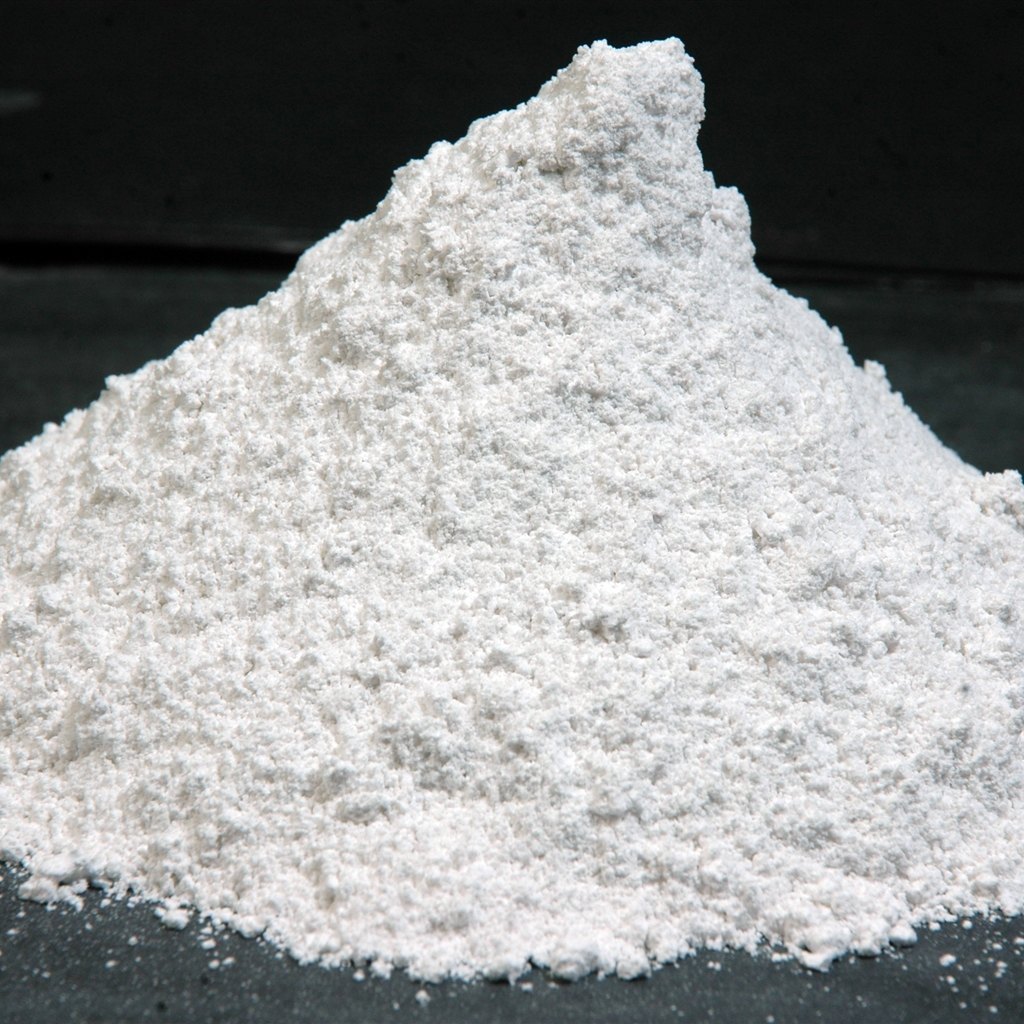Calcium carbonate plays a crucial role in various industries, from education to construction, and is one of the most common compounds found in nature. It is present in many materials, including chalk, limestone, and marble. Known for its versatility, calcium carbonate is used in a range of applications, providing both functional and aesthetic benefits.
Understanding Calcium Carbonate
Calcium carbonate is a chemical compound made up of calcium, carbon, and oxygen. It naturally occurs in rocks and minerals like limestone and marble, which are rich in this compound. The compound can be extracted and processed into a fine powder, widely known as calcium carbonate powder. This powder is essential in various manufacturing and industrial processes due to its properties, including its ability to neutralize acids and its high stability.
The Role of Calcium Carbonate in Chalk
Chalk, a familiar classroom staple, is primarily made up of calcium carbonate. The composition of chalk has made it a useful tool for writing on blackboards, thanks to its smooth texture and ability to leave visible marks without damaging surfaces. The process of creating chalk involves mixing calcium carbonate powder with water and other materials, which are then shaped into sticks and dried. The result is a substance that is both affordable and effective in educational settings.
In addition to its use in schools, calcium carbonate in chalk is also beneficial in art and other creative fields. Artists sometimes use chalk for its soft texture and ease of blending, allowing for fine detail work. The presence of calcium carbonate gives chalk the necessary hardness and durability to withstand repeated use, ensuring it lasts longer than other substances.
Industrial and Environmental Benefits of Calcium Carbonate
Calcium carbonate is not only vital in education and art but also serves significant roles in the industrial and environmental sectors. As a filler material, it is added to plastics, paints, rubber, and adhesives to enhance their strength and performance. Its presence improves the quality of these materials, making them more durable and cost-effective.
Additionally, calcium carbonate is used in environmental applications. One such use is in water treatment, where it helps neutralize acidic water, balancing its pH level. It also has a role in agriculture, where it is used to improve soil quality by neutralizing acidic soils. These uses highlight the compound’s importance in supporting sustainable practices across different industries.
Manufacturing of Calcium Carbonate
The production of calcium carbonate powder involves extracting the compound from natural sources such as limestone. After extraction, the material is processed and ground into a fine powder, making it suitable for a variety of applications. Calcium carbonate manufacturer in India, as well as across the globe, provide high-quality products that are used in everything from construction to pharmaceuticals.
In India, the manufacturing process is often refined to ensure that the calcium carbonate powder meets specific standards, including purity and particle size. This consistency in quality is crucial for the compound’s effectiveness, particularly in industries that rely on its chemical properties for products like paint, rubber, and plastics.
Conclusion
Calcium carbonate plays a fundamental role in our everyday lives, from the chalk used in classrooms to the various industrial applications that benefit from its properties. Whether it’s helping to neutralize acids in environmental processes or enhancing the quality of products, this compound is essential in numerous fields. The role of calcium carbonate in education, manufacturing, and environmental protection demonstrates its versatility and importance. Manufacturers ensure that the powder meets specific quality standards, making it a reliable resource for industries around the world.

